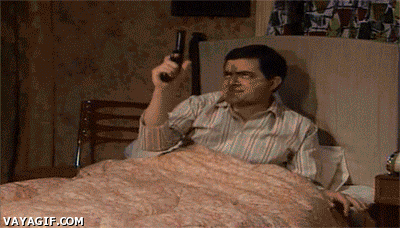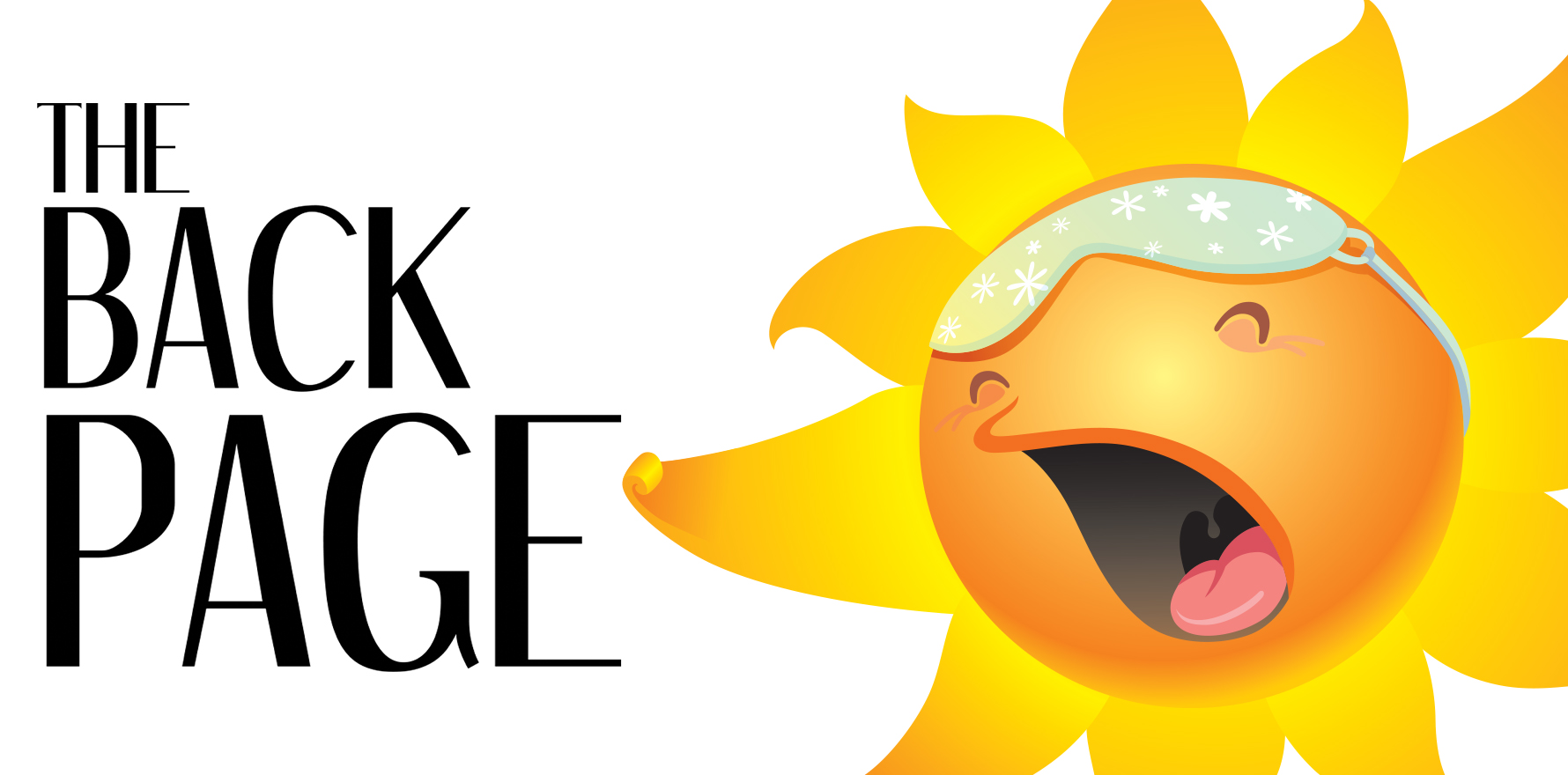Sun, surf, sand and sleep deprivation.
For most, the start of daylight saving is a time of celebration.
Marking the end of winter and heralding summer’s return, it promises a kind of spiritual rebirth. No longer forced into hibernation, spending every cold, dark night in front of the TV’s electronic glow, we may now enjoy long, warm evenings frolicking in the sun’s glorious rays.

But according to Beth Ann Malow, a professor of neurology and paediatrics at Vanderbilt University, the price of daylight saving might be more than having to reset our clocks twice a year. It may just be costing us our health.
In a 2020 commentary for the journal JAMA Neurology, Professor Malow and her co-authors reviewed the evidence linking the annual transition to daylight saving time to increased strokes, heart attacks and teen sleep deprivation in the US.
The study found that turning our clocks forward messes up our body clocks by throwing us out of sync with the sun. Exposure to light later in the evening delays the brain’s release of melatonin, which promotes drowsiness, causing loss of sleep in people even after they’ve seemingly adjusted to daylight saving time.
And as if teens needed any more excuse to sleep in, they cop the worst of it. As puberty causes melatonin to be released much later at night, adolescents are particularly susceptible to sleep problems caused by daylight saving.
According to another study, the negative effects of daylight saving are worse the closer you live to the western edge of a timezone, where the sun rises later in the morning and sets later in the evening. Western edge residents have higher rates of obesity, diabetes, heart disease and breast cancer, as well as lower per capita income and higher health care costs, which scientists believe may result from a combination of chronic sleep deprivation and “circadian misalignment”.
For Professor Malow, the evidence is clear as day: if we want to save lives, we have to waste daylight.
It’s a bitter pill to swallow for sun-lovers like your Back Page correspondent, but maybe we should turn out the light and get some beauty sleep.

If you see something sunny, say something sleepy to felicity@medicalrepublic.com.au


